Your shopping cart is empty.
Why not?
Organized by the Polyvagal Institute
Polyvagal Institute International Gathering 2025
The vagus nerve, a path to wellness
31 October, 1 and 2 November 2025
Take advantage of the early bird price: €157 (VAT incl.)
until 30 September only (instead of €247)
Experience the largest polyvagal international gathering live from Floride, livestreamed on Zoom!
“As we co-regulate each other, we feel safer in the space and time that we’re in. We become more generous to others, more welcoming and more accessible.”
Stephen Porges
The polyvagal community’s must-attend
annual event, livestreamed
Join us online on October 31 and November 1 & 2, 2025, for the annual gathering of the Polyvagal Institute (PVI) in Florida. This flagship event will bring together Stephen Porges, the creator of Polyvagal Theory (PVT), as well as 12 PVT experts, including Peter Staats, president of the Vagus Nerve Society.
Quantum Way will be there and once again invites you to experience this unique event, in English and French.
Thanks to livestreaming and replay recordings of all the presentations, you can participate in the event as if you were there, and deepen your knowledge of the vagus nerve and Polyvagal Theory.
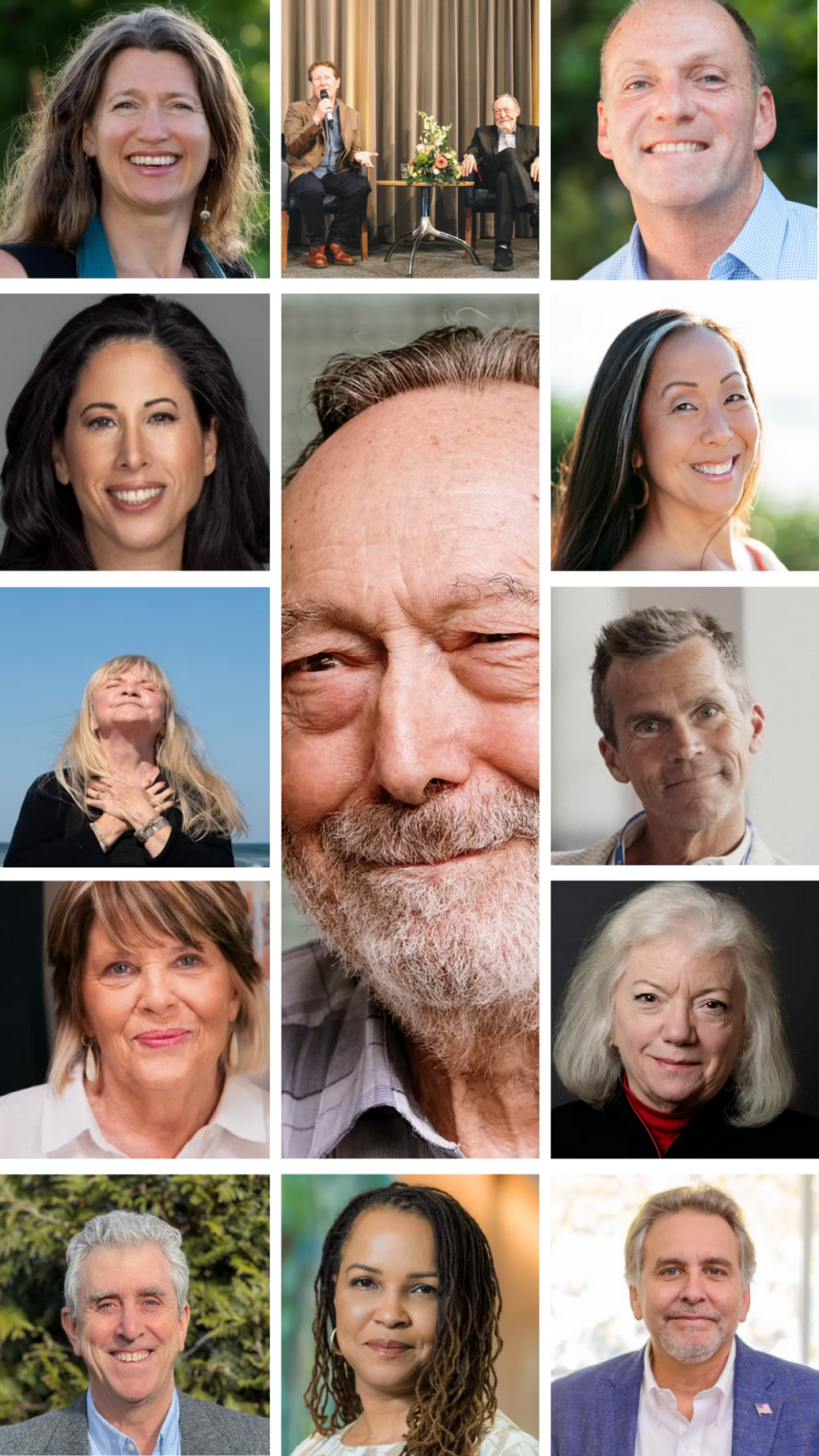
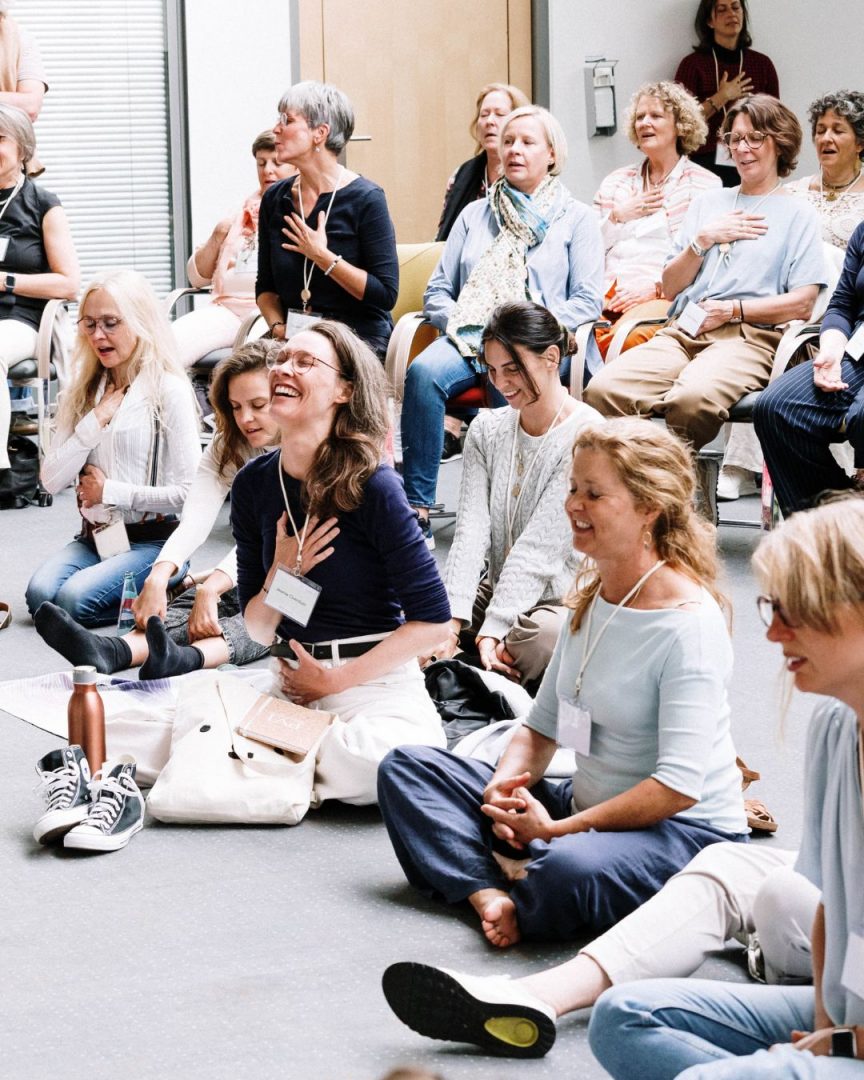
Together, let’s explore Polyvagal Theory and the central role of the vagus nerve in health, connection, and regulation.
This year, the Polyvagal Institute invites the international polyvagal community to come together for the event “The Vagus Nerve: The Key to Our Well-Being.”
The goal: to bring together enthusiasts and experts in Polyvagal Theory, deepen our understanding of the vagus nerve, and discover innovative approaches to caring for our health and nervous system.
A space to slow down, breathe, understand, and integrate
This event is designed to be both an opportunity to deepen your knowledge of PVT and a restorative break. Experience live (or via the replay) both enriching talks and times of sharing and co-regulation.
You’ll discover high-level presentations by renowned experts, as well as concrete applications and tools to nourish your body, mind and nervous system.
We look forward to experiencing this with you!
The influence of the vagus nerve
The vagus nerve is a major conduit for bi-directional communication between the brain and body, relaying sensory signals from internal organs and transmitting motor commands from the brain. As a key regulator of homeostasis, it supports critical autonomic functions including heart rate, digestion, immune response, and inflammation modulation.
The entire 2025 Polyvagal Congress live, as if you were there, thanks to livestreaming via Zoom.
Talks by leading specialists in Polyvagal Theory.
The energy of a live event, filmed by professional teams.
Simultaneous translation into French by our professional interpreters.
Approximately 15 hours of recordings in French and English with unlimited access as soon as they are posted online.
Learning Objectives
Watch an excerpt from the 2024 Polyvagal gathering
In this excerpt, Stephen Porges explains that optimal neural regulation aims to shift the physiological state toward a regulated state.
The faculty of the 2025 Polyvagal International Gathering
Join some of the world’s leading and most inspiring speakers as they present their work, research, and insights on Polyvagal Theory.
Stephen Porges, PhD – Developer of Polyvagal Theory & Co-Founder of Polyvagal Institute
Sentinel Trauma: A Single-Trial Imprint of Life-Threat Through a Polyvagal Lens
From a Polyvagal perspective, trauma reflects not just memory, but a disruption in autonomic regulation—a physiological imprint of life threat. This talk introduces sentinel trauma, a form of trauma arising from a single overwhelming event, neuroceptively encoded without requiring conscious awareness. Medical trauma exemplifies this, as life threat may be detected even under anesthesia.
We explore how such imprints recalibrate the nervous system toward chronic defense and inhibit co-regulation. Polyvagal-informed strategies—including co-regulation, bottom-up interventions, and vagal-regulating technologies—offer pathways to restore safety, connection, and autonomic flexibility.
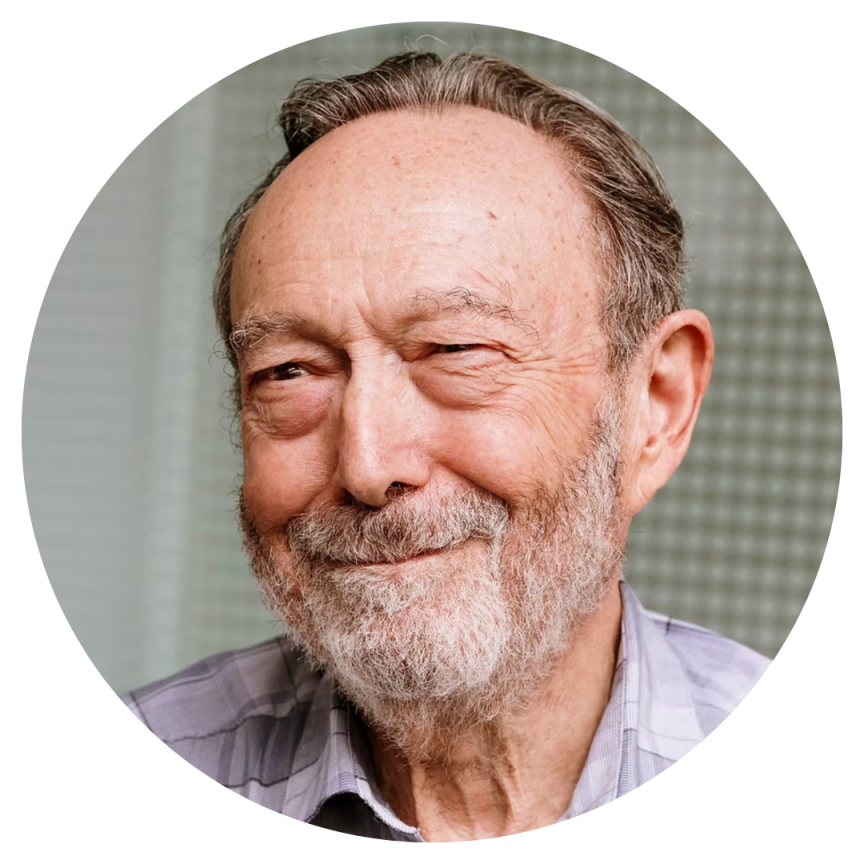
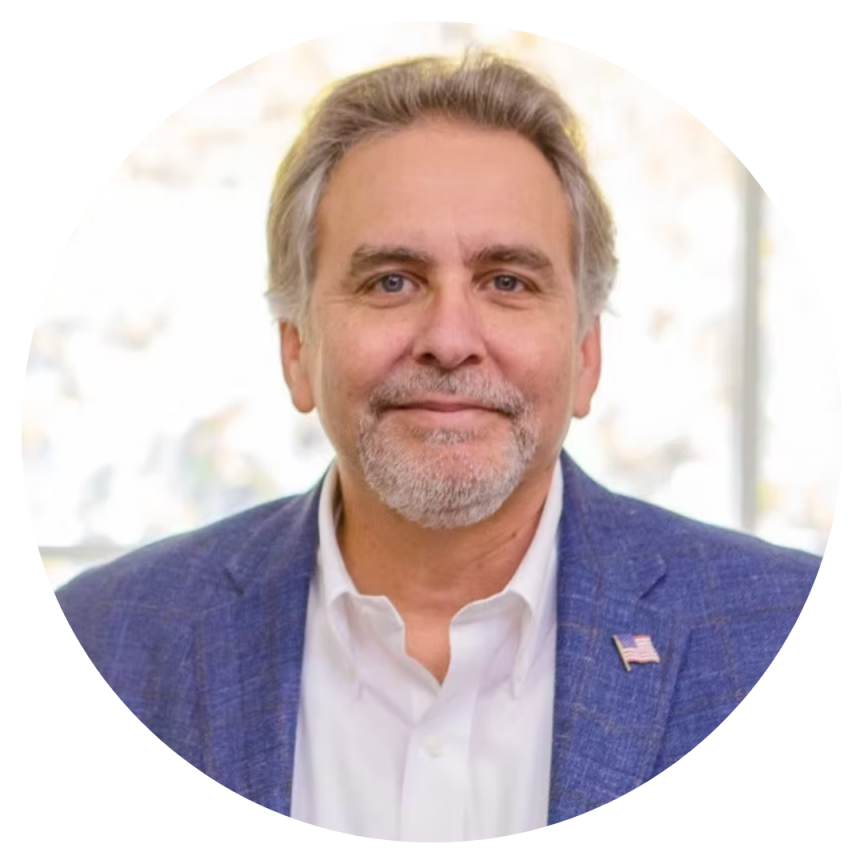
Peter Staats – President, Founder, and Chairman of the Vagus Nerve Society
The Bioelectric Revolution
The human body is a complex network of chemical and electrical signals. For the past 75 years, healthcare has largely focused on chemical and surgical interventions, often overlooking the critical role of bioelectricity in health and disease.
The Bioelectric Revolution highlights a profound and current paradigm shift in modern medicine. Bioelectric medicine—particularly vagus nerve stimulation (VNS)—is emerging as a transformative tool for addressing the root causes of illness rather than merely managing symptoms.
This talk explores how harnessing the body’s own electrical signals is reshaping healthcare, offering both invasive and non-invasive, non-pharmacological therapies that improve patient outcomes across a wide range of conditions.La révolution bioélectrique
Steven Cole – Researcher, Professor
Molecular Biofeedback: Parasympathetic Regulation of Gene Expression
This talk outlines the role of the autonomic nervous system and the vagus nerve in regulating human genome function, including the basic physiologic, cellular, and molecular mechanisms involved; their role in disease (particularly sympathetic regulation of inflammatory gene expression) and stress resilience (parasympathetic support for antiviral gene expression); their contributions to social epidemiology and health disparities; their evolutionary roots; and the emerging prospect of “molecular biofeedback” to help shape lifestyle and behavior to maximize human health and well-being.
A promising approach to adapting our lifestyles and improving our well-being at the most fundamental level: that of genetic expression.
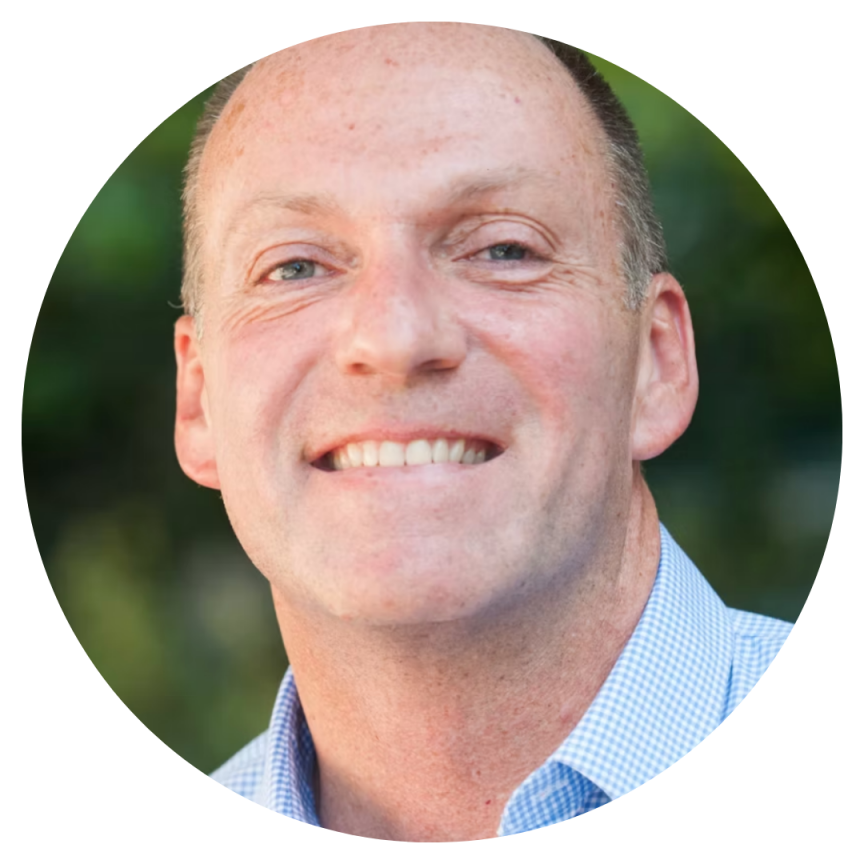
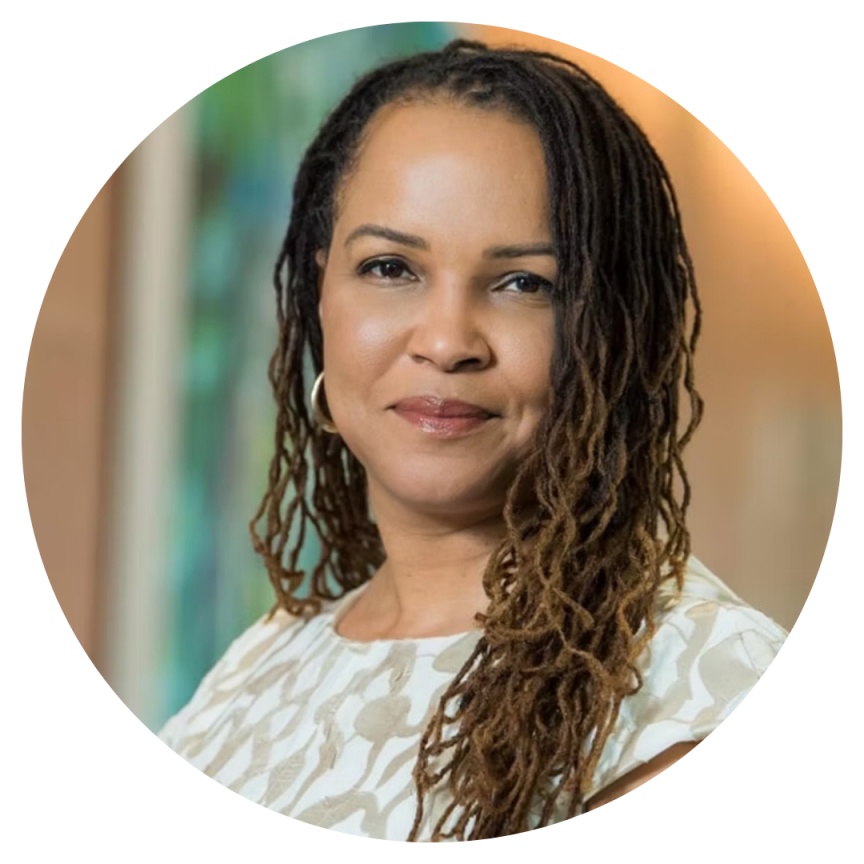
Niki Elliott – Educator, Author, and PVI Board Member, Director of the Center for Embodied Equity and Neurodiversity (CEEN) at University of San Diego
Supporting Neurodivergent Students from a Polyvagal Perspective
Dr. Elliott’s presentation will explore how awareness of polyvagal theory and the vagus nerve impacts K-12 educators’ ability to implement effective teaching strategies for neurodivergent students, as well as those impacted by trauma. She will introduce her Embodied Learning Framework, which offers a holistic way of supporting neurodivergent learner’s vagal tone through five key areas of support in schools: physiological, relational, instructional, environmental, and transcendental. She will share examples of transformational research conducted with educators from elementary through middle school, and explore how learning improves for all students when educators teach with a polyvagal lens in mind.
Jan Winhall – Developer of the Felt Sense Polyvagal Model
Depathologizing Trauma and Addiction Treatment with the Felt Sense Polyvagal Model
The Felt Sense Polyvagal Model (FSPM) helps clinicians to appreciate the vital role of embodied processes for healing and offers a powerful somatic therapeutic framework for individuals and couples healing from trauma and addiction. The model teaches two skills: recognizing and rewiring nervous system states, and tapping into body wisdom through the practice of felt sensing. Research shows that interoceptive practices such as felt sensing engage the vagus nerve, increasing clients’ capacity for health, growth and restoration. Applications of the FSPM will be discussed, including case examples of working with trauma and addiction, couples and families, and conducting somatic assessments with the Embodied Assessment and Treatment Tool.
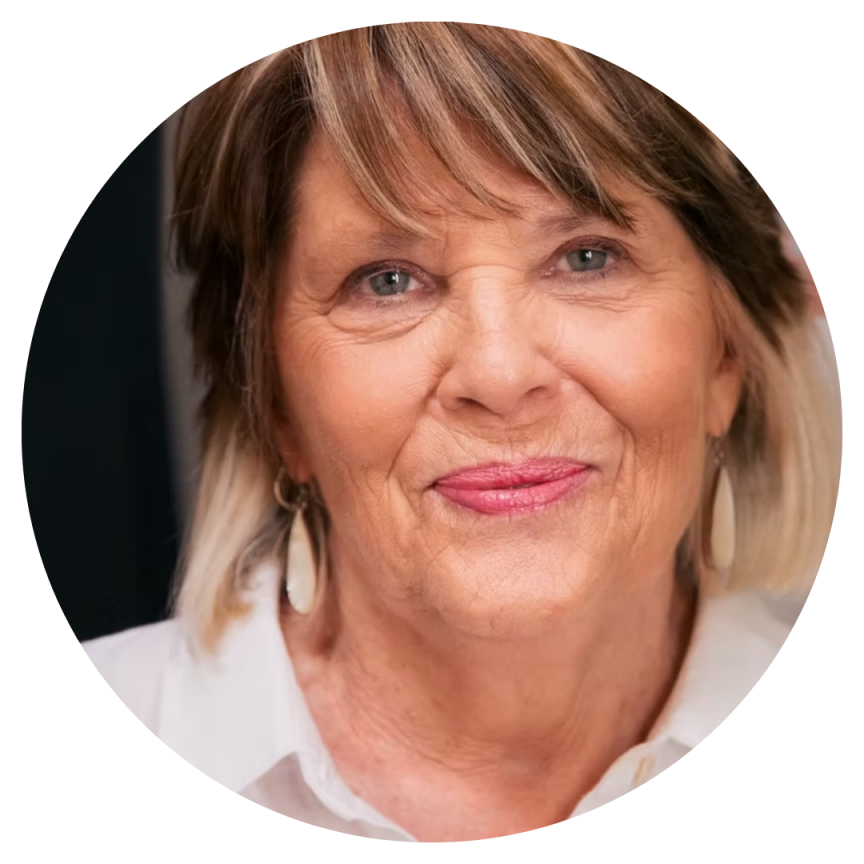
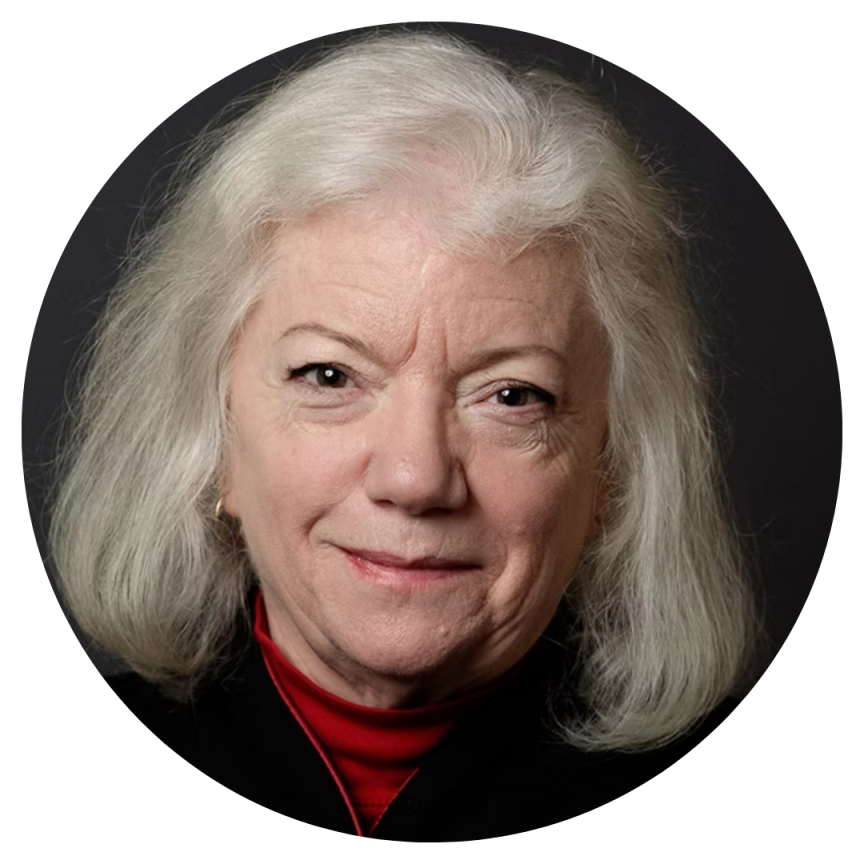
Sue Carter – Researcher, Distinguished University Scientist, Rudy Professor Emerita of Biology, and former Director of The Kinsey Institute at Indiana University
The Polyvagal-Peptide Perspective and Stress: A Hormetic Hypothesis
Embedded in the regulation of vagal pathways are two ancient peptide hormones, oxytocin and vasopressin. The polyvagal-peptide system supports social attachments, survival and longevity. The endocrine and immune adaptations that lie at the heart of this integrated system facilitate resilience and the capacity to cope with stress. This presentation will discuss the role of the vagus, oxytocin and vasopressin in the biological process known as hormesis. Awareness of “stress-response hormesis” offers a unifying polyvagal perspective on many superficially divergent practices and may suggest ways to optimize the biological systems that support hormesis during therapeutic interventions.
Arielle Schwartz – Clinical Psychologist and Somatic Expert
Therapeutic Yoga for Trauma Recovery: Applying the Principles of Polyvagal Theory for Self-Discovery, Embodied Healing, and Meaningful Change
Dr. Schwartz will focus on the intersection of applied polyvagal theory, affective neuroscience, and trauma-informed care within therapeutic yoga. Conscious breathing, mindful movements, and trauma-sensitive meditation practices all help to foster autonomic nervous system health. Yoga helps to enhance vagal regulation which forms a foundation for resilience as measured by physiological stabilization, emotional regulation, cognitive flexibility, and co-regulatory capacity. This lecture will help you gain a better understanding of how the brain and body responds to stress and trauma. Through gentle experiential practices, you will learn simple yogic breath and movement interventions to enhance vagal efficiency, vagal tone, and an overall sense of wellbeing.

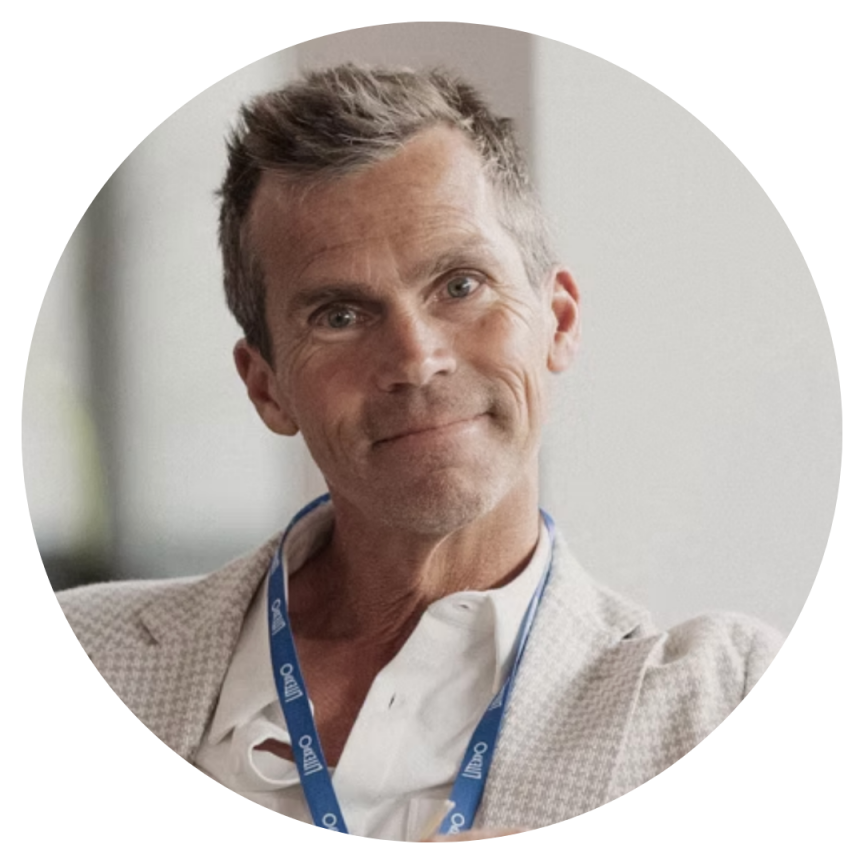
Michael Allison – Polyvagal-Informed Performance Expert
Autonomic Agility™: Fostering safe, trusting, and adaptable individuals, families, and teams
This presentation, which includes a panel discussion, introduces ‘Autonomic Agility™,’ a concept that integrates ventral vagal tone (VVT) and vagal efficiency (VE) to optimize resilience, healing, trust, and performance. We will explore practical applications of Autonomic Agility™, including our ability to shift between empathy and compassion, engage in co-regulation and self-regulation, and skillfully navigate both connection-based and protection-driven autonomic states with awareness and intention. The discussion will highlight how autonomic agility is at the heart of aligned and adaptable relationships, families, and teams —whether between coach and player, therapist and client, parent and child, or organization and leader —enhancing overall well-being, performance and trust.
Elisa Song – Polyvagal-Informed Pediatrician
Helping Kids Thrive in Our Modern World: Could Vagus Nerve-Microbiome Resilience Be the Missing Link?
At the intersection between health and disease lies the Vagus Nerve and the Gut Microbiome. Gut dysbiosis and leaky gut can adversely affect heart rate variability, and low heart rate variability can adversely affect gut microbiota composition and function. The key to breaking this vicious cycle is understanding how to create Vagus Nerve and Microbiome Resilience – every day! In this session, practitioners will learn fun and practical ways to teach families how to use powerful yet simple diet and lifestyle modifications to create Microbiome Magic every day!


BG Mancini – Neurodevelopmental Specialist, Acupuncture Physician and Primary Care Provider
The Microbiome, Microtraumas & The Mind: Cultivating Safety from Within
Explore how hidden stressors like food sensitivities, sensory processing challenges, and inflammatory responses shape our health and sense of safety. Microtrauma impacts accumulate over time to disrupt the body’s natural ability to self-regulate, leading to chronic stress, physical imbalance and nervous system state changes. We’ll reframe chronic illnesses, autoimmunity, and challenges with trauma resolution as symptoms of systemic dysregulation. This talk will empower individuals and clinicians with actionable insights to optimize therapeutic outcomes for themselves, and to support clients in cultivating safety from within through a new lens.
Robert Schwarz – Psychologist
Emotional Freedom Techniques and Polyvagal Theory in Treating Trauma
Emotional Freedom Techniques (EFT) [also known as ‘Tapping’] is a brief, focused approach to treating unresolved trauma and restoring self-regulation. This presentation suggests that the clinically rapid results, supported by over 200 outcome studies, may be due to the restoration of ventral vagal regulation of the flow of information and energy in the mind-body system. We’ll discuss how Polyvagal Theory helps explain phenomenological experience of clients during EFT, treatment improvements in heart rate variability, and how autonomic reactivity is an intervening variable between past trauma and current symptoms. The intersection of EFT and Polyvagal Theory raises many questions, including: What is the long-term stability of improvements in vagal tone and vagal efficiency in trauma treatment? Are those improvements generalized or conditioned to specific memories? What is the relationship of memory reconsolidation to these issues? How can these questions be experimentally tested? We’ll discuss.
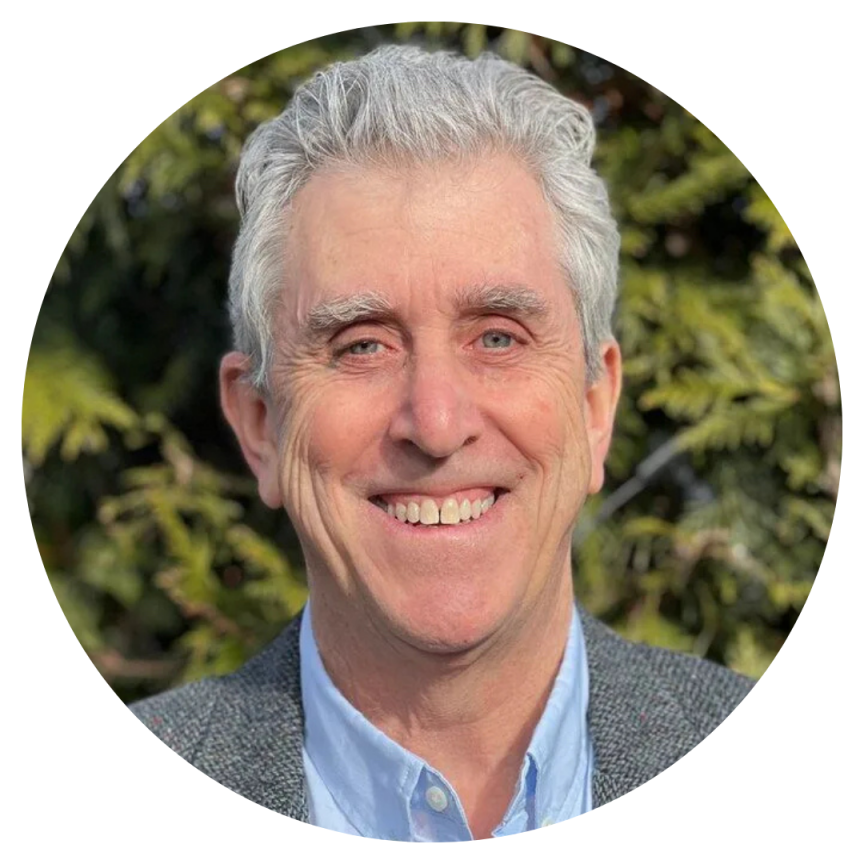
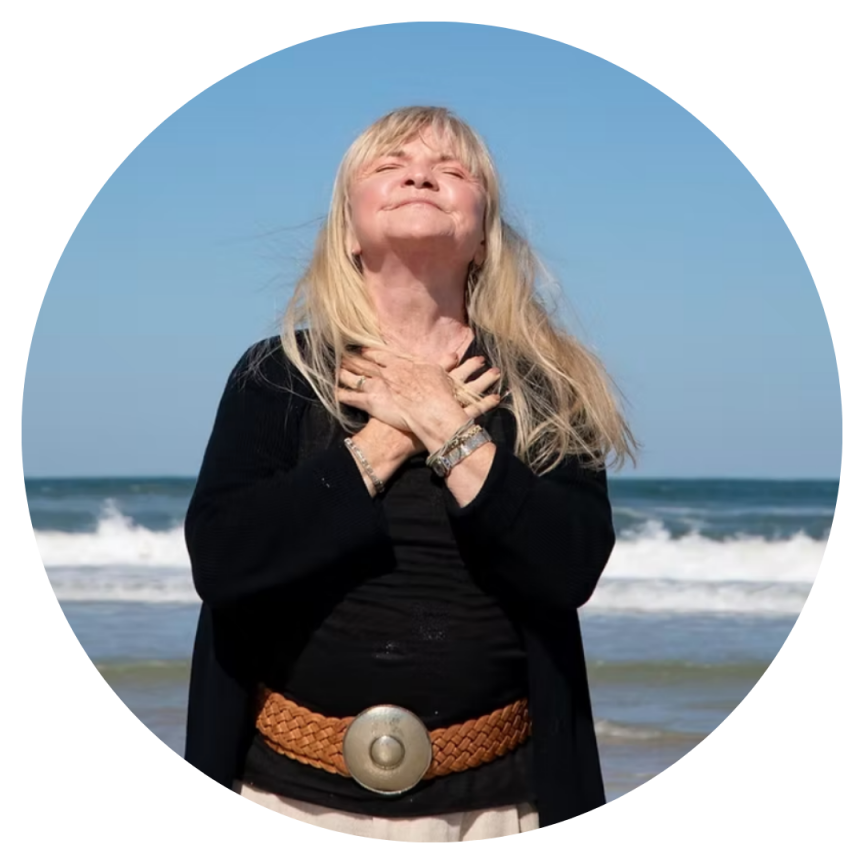
Donnalea Goelz – Researcher & Somatic Clinical Psychology Expert
Research-Supported Somatic Vagus Exercises That Make a Difference
This presentation shares the tools used in a somatic polyvagal-informed intervention/research project recently completed at the University of Florida, Jacksonville. Integrating the wholeness of body, mind, and spirit through breath, sound, movement exercises, as well as tuning into sensations can make a difference. The presentation is experiential and the skills learned can be helpful for you as an individual as well as for your family, friends, and clients.
Stephen Porges, developer of Polyvagal Theory, & Anthony Gorry, sonic innovator
How Sonic Augmentation Technology is Shaping the Future of Well-Being
Sound has the power to heal, inspire, and transform. But can it do more—can it guide us toward Sonostasis, an emerging concept in which sound fosters nervous system balance and physiological harmony. In this experiential presentation, Dr. Stephen Porges and Anthony Gorry will explore the groundbreaking potential of Sonic Augmentation Technology. Rooted in neuroscience and physiology, this innovative approach blends science and artistry to create immersive, evidence-based auditory experiences that regulate the nervous system and enhance well-being. A live demonstration will offer participants the opportunity to feel firsthand how specific rhythms and frequencies can promote calm and support healing.
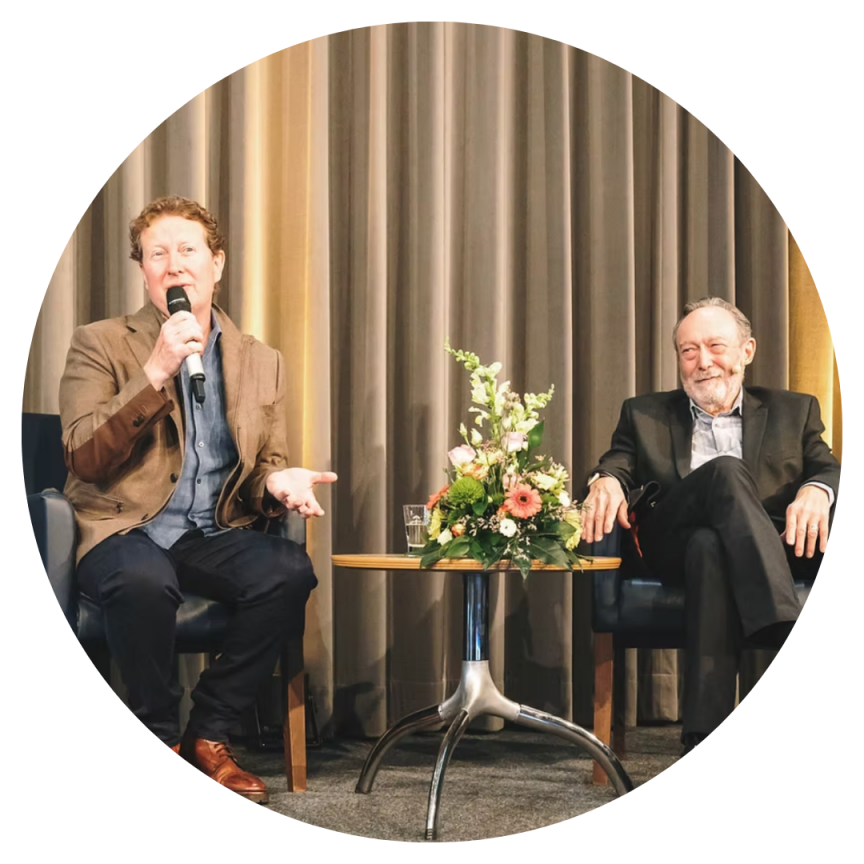
The program
Our program brings together leading experts in Polyvagal Theory and vagus nerve science, including Dr. Stephen Porges, creator of Polyvagal Theory. You’ll have the opportunity to fully engage and experience polyvagal principles through shared community practices.
The detailed program will be sent to you after you register and closer to the event date.
Friday, October 31
Saturday, November 1st
Sunday, November 2nd
Who is the Polyvagal Gathering for?
This major annual event (with a different theme every year) is intended for:
Register for the 2025 Polyvagal International Gathering
Your registration includes:
Livestream online access to all the main presentations, via Zoom
❖
Lifetime unlimited access to the replay, in French and in English
Satisfaction guaranteed or your money back
Purchase your training course or program risk-free and benefit from Quantum Way’s “Satisfaction guaranteed or your money back” guarantee. If you are not completely satisfied, send us an email at info@quantum-way.com with the reasons for your dissatisfaction, within 15 days of your purchase and we will refund you.
At Quantum Way, we’re convinced that you’ll learn a great deal, even more than you imagine.
FAQ
If you would like to attend the 2025 Polyvagal Gathering in Florida, you can register on the PVI website via this link. The event will be held in English: there will be no live French interpretation or replays.
The livestream will take place on Zoom with a slight time lag. French interpretation will be available, provided by our excellent interpreters, under the direction of Anne-Laure Gex.
As long as you want! The replays will be posted online approximately three weeks after the live broadcasts. You will have unlimited access to the event on the Quantum Way e-learning platform.
You don’t need to be an expert in PVT to attend the event. As a beginner, you are also welcome to discover Polyvagal Theory. However, if you would like to familiarize yourself with the main concepts of PVT, feel free to explore our blog, YouTube channel, or programs.
Our Official Polyvagal Theory Training (certified by the Polyvagal Institute) is the training you need to become polyvagal-informed! Discover the program and register for the fourth intake; the course will start in September.
A Polyvagal Institute program
The Polyvagal Institute (PVI) is a not-for-profit organization founded by Dr Stephen Porges, Deb Dana, Randall Redfield and Karen Onderko. The Institute is devoted to disseminating the work of Dr Stephen Porges, creator of the Polyvagal Theory.
“Our mission is to advance social communication and connectivity by building community, facilitating research, improving quality of care, and offering education on the principles and application of Polyvagal Theory. We believe that together we can effect change at both individual and societal levels. As a society, we are in the process of realizing we communicate through our nervous systems as much as our intellects, and now is the moment when we have an opportunity to shift the paradigm when it comes to collective healing, human connection, education, and more, on a global scale.”
Quantum Way is the official French-speaking partner of the Polyvagal Institute and offers various training courses approved and validated by Dr Stephen Porges.
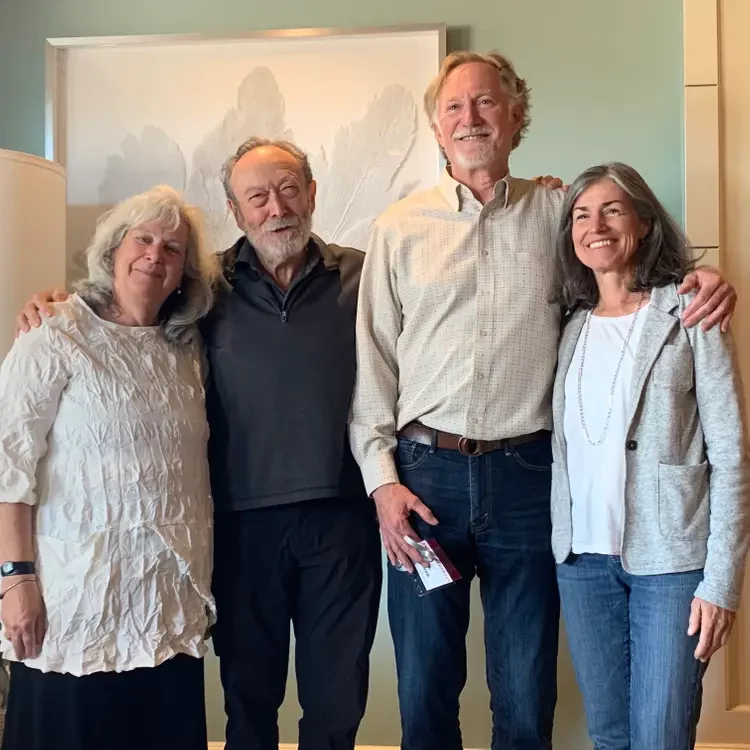
Discount Applied Successfully!
Your savings have been added to the cart.